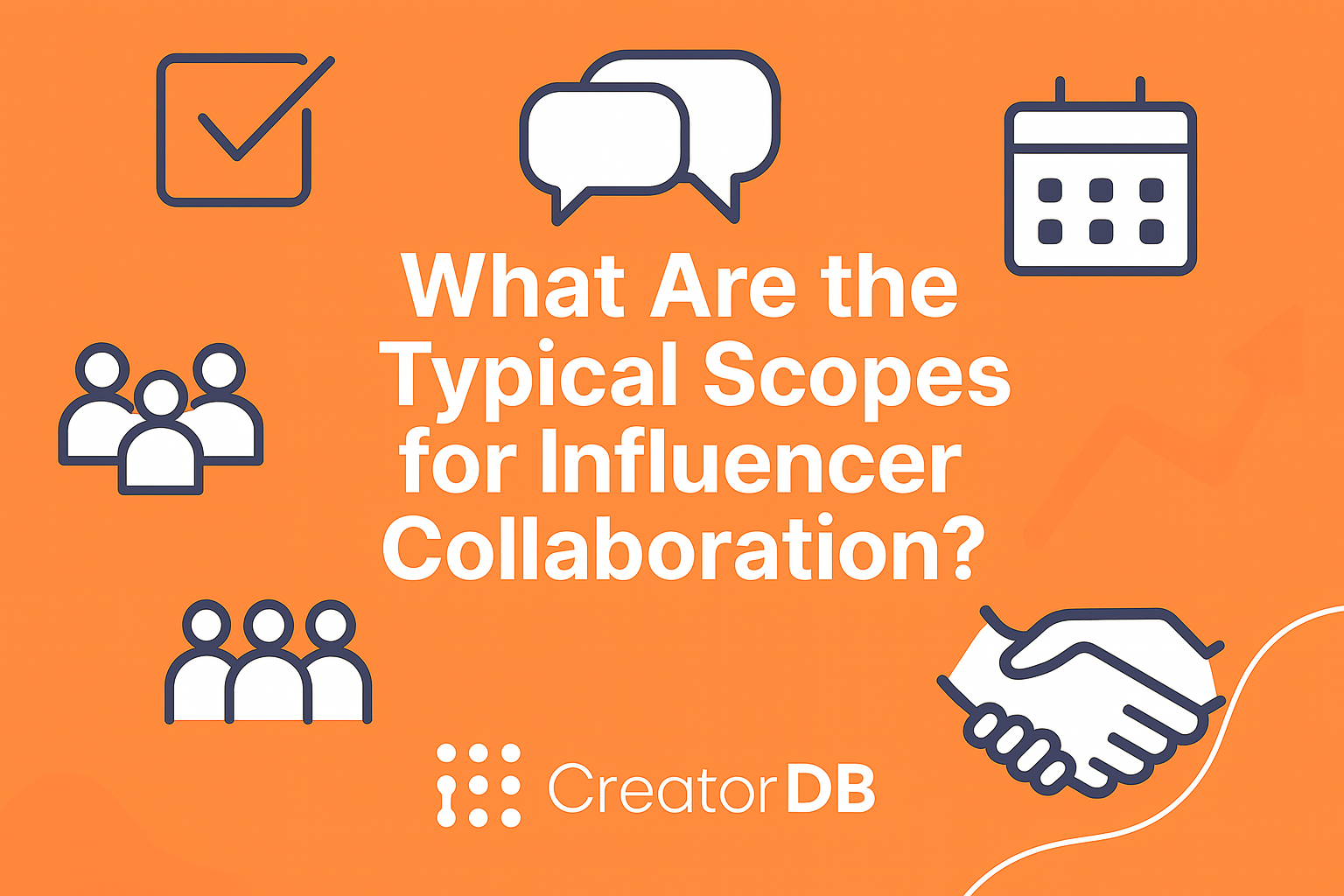Influencer regulations are different from country to country. To let you navigate them as smoothly as possible, we created this series of guides giving you an overview of all the laws applied to influencer marketing. Today we will go over influencer regulations in English-speaking countries
This article is part of our series on influencer marketing regulations. You can find our other here:
- The international guide to influencer marketing regulations
- Influencer regulations in Asia
- Influencer regulation in the EU
- Influencer regulation in Latin America
United States
In the United States, the Federal Trade Commission (FTC) is responsible for creating and updating the framework around influencer disclosure. By their regulation, influencers must disclose any relationship with a brand, even if it is not financial. Such disclosure should be placed with the endorsement message, clearly visible/audible, and not hidden at the bottom of the caption. As in many other fields, the US is establishing the benchmark for influencer marketing in English-speaking countries and beyond. The most known case of FTC intervention towards influencers was in the case of CSGOLotto.com, a site that allowed betting using “skins” from Counter-Strike: Global Offensive as wagers to obtain other “skins.” Two of the most prominent promoters of the site were also the owners and did not disclose such information. Once the news about their connection to the site broke, the FTC deemed worthy of stepping in and ended up settling out of court in the first case against individual social media influencers.
United Kingdom
The United Kingdom has some of the most comprehensive and detailed influencer regulations in English-speaking countries. Influencer marketing finds itself at the crossroad of three different regulators: the Advertising Standard Authority (ASA UK), the Committee of Advertising Practice (CAP), and the Competition and Markets Authority (CMA). When the brand has creative control over what gets published, the sponsorship falls under the jurisdiction of the CAP Code of Ethics, and complaints for the violation of it will be investigated by the ASA UK. In this case, knowing that ads must be recognizable is most important. But UK regulations cover the case in which a brand does not have control over what it gets published but is just paying for associating their product with an online personality: the CMA requires disclosure for any payment, loan of equipment/service, or incentive received, even if there was no obligation to publish any content from the beneficiary.

Canada
For Canadian-based influencers, the text that makes the rules is the Competition Act, which applies to anyone promoting a product or service. Disclosure is required for any brand an influencer has material connections with. Advertisers, on their hands, are responsible for ensuring that influencers don’t make false or misleading claims while promoting their products.
Australia
Australian advertising and marketing companies are under a self-regulation model where the Australian Association of National Advertisers (AANA) sets standards and regulations valid for the whole industry. In their Code of Ethics, they state that advertising and marketing communication has to be distinguishable as such, de facto making it mandatory for influencers that promote toward the Australian public to disclose which of their posts are ads.
AANA acts upon complaints made by the public to Ad Standards, and if the complaint, once investigated, is found to be substantiated, there is a risk not only in infringement of the Code of Ethics but also to the Australian Consumer Law. Breach of Australian Consumer Law can have substantial consequences, with fines of up to AUD$ 500,000 for individuals and AUD$ 10 Million for companies.
New Zealand
The Advertising Standard Authority (ASA NZ) is the agency responsible for self-regulating the advertising industry in New Zealand. With the Advertising Standard Code Rule 2(a), ASA clearly states how “Advertisements must be identified as such,” which applies to any influencer operating in or toward the New Zealand market. Appropriate labeling may be done through the use of terms like “ad,” “Advertisement,” or “Sponsored” and is accepted if they are used in the form of hashtags or not. In 2022 the ASA NZ investigated 46 cases of breach of the Advertising Standard Code by influencers, with 14 of them resulting in a compliance reminder, 7 resulting in the addition of an ad identifier, and the remaining 25 being or already tagged as ads or out of the ASA jurisdiction.





